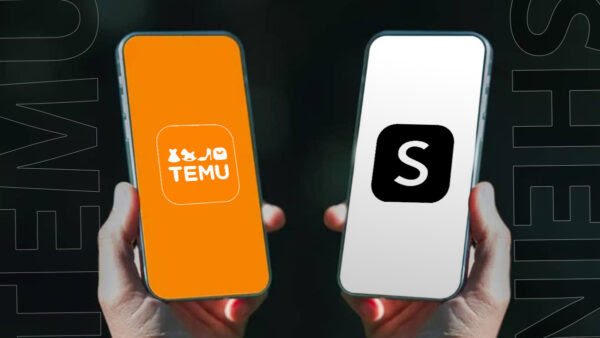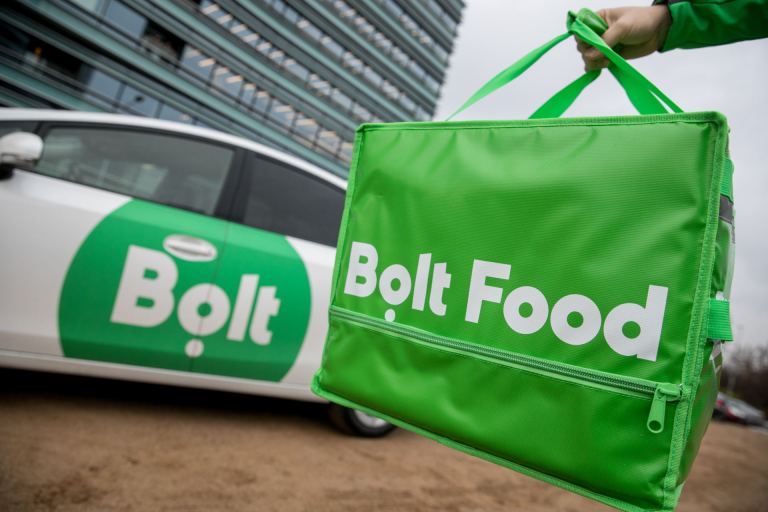Big changes for people who shop on Temu and Shein

New customs import rules in South Africa mean people will pay more when importing certain types of products, including clothing, from overseas retailers like Temu and Shein.
However, their orders will still be processed quickly as the South African Revenue Service (Sars) has adopted a simplified clearance process aligned with the World Customs Organisation (WCO) framework.
According to South African Express Parcel Association chair Garry Marshall, the new rules came into effect at the start of February 2025.
Sars had originally planned to implement them in November 2024, but additional time was needed to ensure it balanced the interests of various industry stakeholders.
The main purpose of the change was to reconfigure a 20% concessionary flat duty rate for consignments with values below R500 into four broadband categories with “appropriate” duty rates.
The concession was introduced in 2007 to help South African couriers and logistics companies deal with an increase in e-commerce orders coming into the country from overseas.
It allowed couriers to declare their customers’ orders long before the items arrived and pay a flat rate if their value was below R500, eliminating the need to submit detailed tariff codes.
Marshall maintained that nothing that the Chinese retailers or their logistics partners were doing at customs was illegal.
However, Sars could not ignore the impact of the rise in business-to-consumer transactions between foreign retailers and South African shoppers coming off the back of the Covid-19 pandemic.
The main issue with the mechanism was its impact on South Africa’s clothing and textile industry.
Clothing retailers who import items from overseas must do so in bulk, which means their shipments could not qualify for the concession and were subject to a full 45% duty and 15% VAT.
Local clothing manufacturers also found it increasingly difficult to contend with the Chinese players, which are benefitting from much lower labour costs and greater economies of scale.
New WCO guidelines support fast clearance processes

If Sars had merely scrapped the concession to eliminate the 20% flat duty loophole, it could have had disastrous consequences for import procedures.
While the concession reduced the duty in certain cases, it would also result in duty-free products actually costing more. Normally, these products would only be subjected to 15% VAT.
The primary purpose of the concession was not to reduce costs for consumers but to speed up deliveries.
“The vast majority of courier traffic coming in is cleared through customs before it even arrives in the country,” Marshall said.
“If you were going to submit the documents with all the tariff codes to customs, it could take days to clear a shipment.”
However, the taxman’s adoption of the WCO guidelines will support simplified clearance processes to avoid bottlenecks at customs clearance.
Marshall said the courier industry accepted that the new regime would result in a drop in volumes because consumers would become aware that they could pay more for certain products.
However, the industry was satisfied that the change would not cause further harm due to delayed customs clearances.
Marshall praised Sars and customs specifically for its measured approach in this regard.
The table below summarises how the four broad categories determine import taxes and procedures following Sars Customs’ alignment with WCO guidelines.
| Broadband category |
Types of imported products | Simplified clearance process | Applicable rate (precise value dependent on type of product) | VAT |
|---|---|---|---|---|
| 1 | Correspondence and documents with no commercial value. Not subjected to duties and taxes/ | Yes | No duty | Yes |
| 2 | Low-value consignments below a specified de minimis threshold for which no duties and taxes are collected. | Yes | Up to 20% | Yes |
| 3 | Low-value dutiable consignments for goods above de minimis, but below the full declaration value threshold | Yes | Up to 30% | Yes |
| 4 | High-value consignments that do not fall under the three categories described above. Includes consignments containing goods that are subject to restrictions. | No | Up to 45% | Yes |
Problem with Temu and Shein tax calculations
Sars has yet not communicated its de minimis and full declaration value threshold to the general public.
That makes it difficult for consumers to estimate what they will pay for an imported item, as these numbers play a role in determining a product’s broadband category.
However, even if consumers were aware of the values, it may be impossible to calculate in the cases of Temu and Shein orders.
Marshall explained that these retailers included the cost of transport, logistics, and delivery in the listed prices of their products.
The actual value of the goods declared — which is a factor in determining the duty — will frequently be much lower than the sticker price shown on their websites.
As an example, a product listed for R100 might only have a value of R90 without transport and shipping costs.
A customer may only get charged R10 in taxes and assume their effective tax rate was 10%. That would be lower than the minimum of 15% VAT.
However, the actual tax rate will be closer to 17% as the value of the goods is lower than the listed price.





